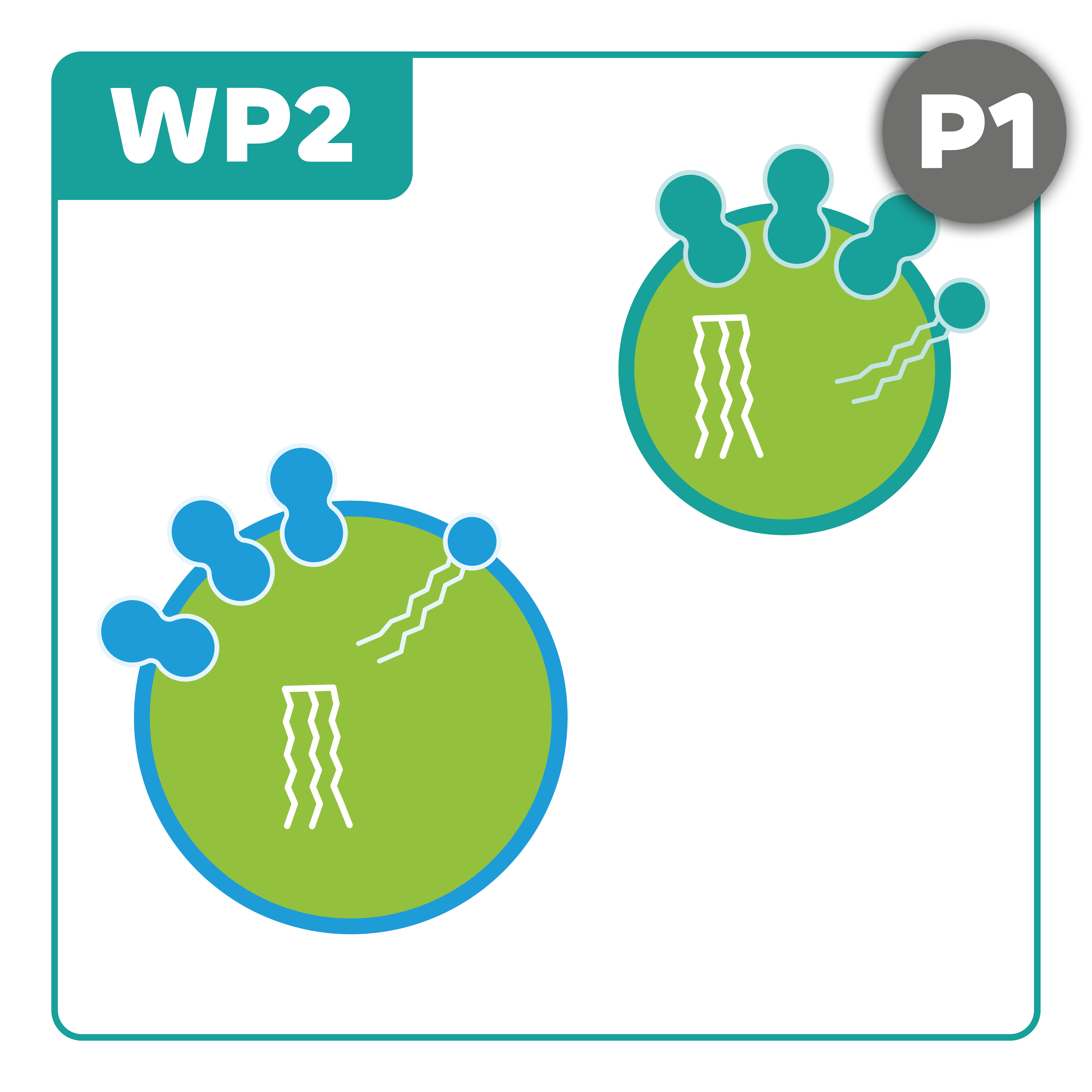Project P1
Function of perilipin 3 in lipid droplet heterogeneity and metabolism

Perilipin (PLIN1-5) family proteins are abundantly and constitutively present on all mammalian lipid droplets (LDs). However, especially the functional relevance of the widely expressed perilipin 3 (PLIN3) has remained elusive. PLIN3 is not equally distributed on LDs but preferentially localizes to smaller sized LD subpopulations assumed to reflect recent biogenesis.
Preliminary work showed unexpected changes of fatty acid metabolism specific for PLIN3-deficient cells. Our working hypothesis suggests that PLIN3 acts as a subpopulation specific lipid droplet sensor and plays a key role in the regulation of lipid metabolism. The research objectives include:
Analysis of PLIN3-dependent LD heterogeneity by microscopy and interactome screening.
Characterization of fatty acid metabolism in PLIN3-KO cells by isotope labeling, mass spectrometry and oxygen consumption.
Analysis of posttranslational modifications of PLIN3 correlating to LD heterogeneity and metabolic regulation.
Elucidating the mediators of PLIN3-dependent metabolic rewiring by the analysis of transcriptional regulation.
Overall, the anticipated key result is the identification of regulatory lipid metabolic networks uniquely mediated by the perilipin family protein PLIN3. This will allow insight into the molecular regulation of lipid storage by LD associated structural proteins, with implications for widespread metabolic diseases.



